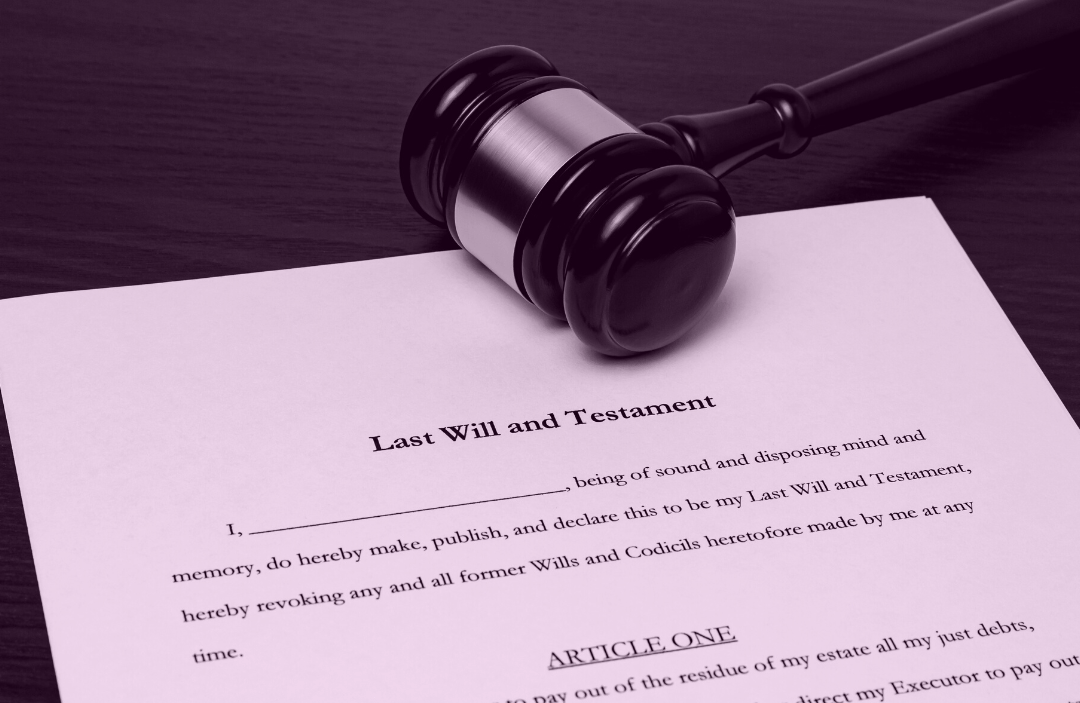It’s not unusual to go through a period of mourning during a divorce. It can feel like grieving a death, and you’re left mourning for a love that once was. The difference is that, unlike death, this person is still very much around, and decisions made during the relationship can still impact your life.
One of these areas is your will and estate planning. It might not be the first thing on your mind, but it’s essential to update your will to bring it in line with your current circumstances and wishes. Why and how is the best way to do this? Let’s take a deeper look.
Revoking Your Old Will and Crafting a New One
When you revoke your old will and create a new one, you give yourself permission to start fresh, with clarity and intention. It’s time to decide what fits your new life and what doesn’t. Here are the steps and considerations to take:
- Distributing Your Assets: It’s likely that your existing will majorly favors your spouse. With changing circumstances, your preferences regarding asset distribution might have changed as well. This is a good time to rethink how you want your belongings shared upon your death.
- Appointing a New Executor: Your executor is the individual who will oversee the carrying out of your estate plan. This role is usually designated to the spouse. Post-divorce, it’s a good idea to reassign this role to someone more fitting.
- Nominating a Guardian: If you have young children, nominating a guardian is another important component. Although it is generally uncommon to prevent a biological parent from assuming custody, if you have substantial reasons to nominate an alternate guardian, you have the right to voice these in your will.
Revisiting Beneficiary Designations
Your will isn’t the sole document dictating the distribution of your assets upon your death. A variety of assets, such as life insurance policies and retirement accounts, are distributed according to beneficiary designations. Here’s how you go about changing your beneficiary designations:
- Contact Financial Institutions: Update your bank, retirement account providers, or any other financial institutions about changes as to who should be the beneficiary.
- Don’t Rely Solely on Divorce Decrees: Even if your divorce documents mention who gets what, don’t rely solely on this. Make the changes yourself where it counts, especially with things like insurance policies and retirement accounts.
Updating Powers of Attorney
A power of attorney (POA) is a legal document that allows someone else to act on your behalf when it comes to things like personal property, finances, or medical care. Deciding who you desire to take the reins now that you’re divorced is an important step toward securing your post-divorce future.
- Revoking Previous Powers: Update any previous documents that grant your former spouse control over your critical decisions and create new documents reflecting your current preferences.
- Ensure Your Wishes are Honored: By taking this step to update your POA, you ensure that someone you trust has the authority when it matters most, without the interference of past agreements.
Coping With Divorce Grief
Divorce comes with a deep sense of grief with a wide range of emotions, including sadness, anger, confusion, and even relief. You’re navigating the end of shared hopes, dreams, and daily companionship. Acknowledging this and seeking support in the form of a therapist, support group, and an understanding network of friends and family can help ease some of the grief.
While it might seem overwhelming to update your will and related documents as you navigate this profound sense of loss, it’s important to take charge and ensure that your wishes are honored. You can move forward on your terms. There is no timeline for the grieving process, but documents like your will must be updated as soon as possible. If you’d like to learn more about estate planning, check out our trusted affiliate, Trust & Will.




